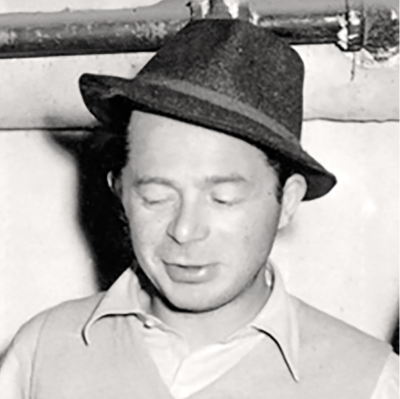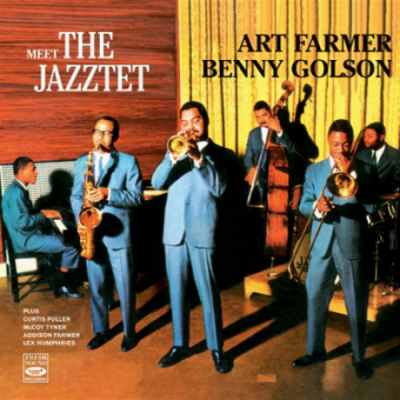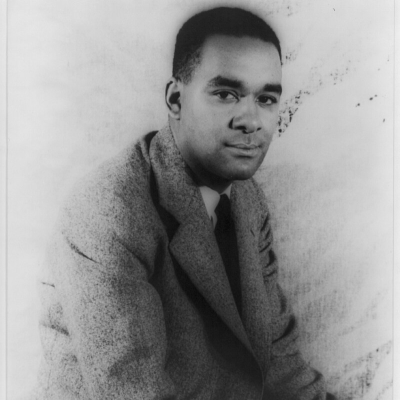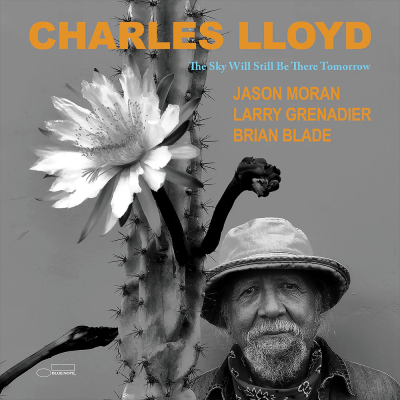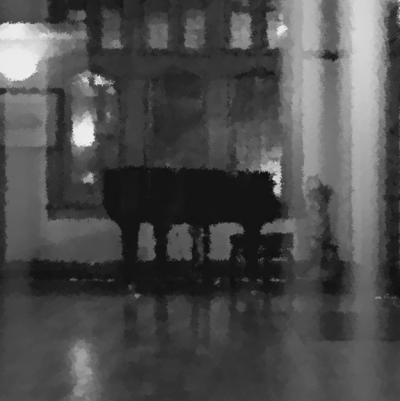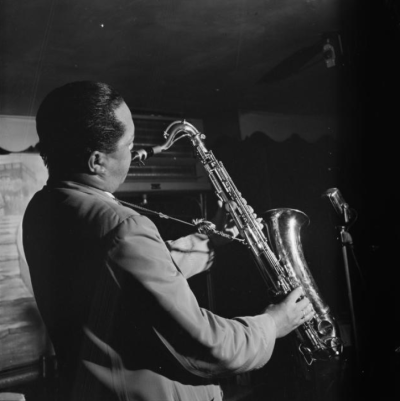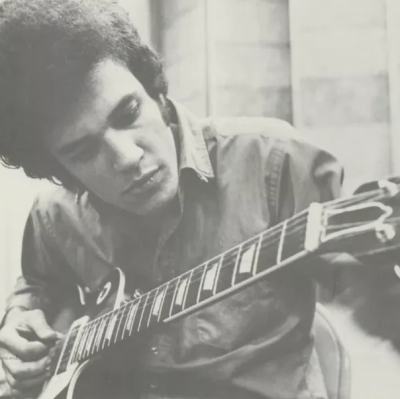Gandhi, Jesus of Nazareth and Abraham Lincoln. Apparently none of them ate very much and I have an unusually large appetite.
1. Claude Chabrol I have flipped over Claude Chabrols films since the mid 60s. Three of them, This Man Must Die, Le Boucher, and Rupture are fabulous and the first two are particularly real classics. (Im starting a book called Storyboarding Noir where Im going to make some suggestions to composers and improvisers who might like to use the structure of film, camera shots and moods and apply this to music. My newsletter published by Steve Mardon, whose email is [email protected] will give more information about this. )
2. Abbey Lincoln I have followed her music faithfully since my days as a four-year student at the fabulous School of Jazz in Lenox, Massachusetts that I attended from 1957-1960. It was around then that I heard Abbey is Blue. Max Roach spoke so highly of her at the school. I became a waiter at the Jazz Gallery in the east village in the early 60s for six weeks on six nights. I heard the complete productions of the Straight Ahead and the Freedom Now Suite performed with a sextet including Mal Waldron. I also had the privilege of attending the Candid recording session of Straight Ahead and vividly remember Monk flipping over Abbeys rendition of Blue Monk. (At that session I also met Mait Edey who later produced my political album, Blue Potato.)
3. Charlie Rose Mr. Rose is a more recent discovery from the late 90s. I have become obsessed with making VCRs and DVD’s of his shows and I wish this show had been broadcast in the 60s. I was present in Athens where the military coup detat took place on the afternoon of my 32nd birthday. So many people, particularly myself needed to be educated and woken up to evil governments and international terrorism. Charlies show is a wonderful vehicle for one to develop insight on world events.
____________________
That’s an easy question – If I could have dinner with three people, I’d choose my friends Michael Brecker, Dennis Irwin and Don Pullen. I’d really love to see them again.
This is a difficult question as there are so many discussions with so many musicians, past and present, Id love to have. But since I am a practitioner of the jazz trio I think Id most like to take a meal with the Bill Evans Trio with Scott LaFaro and Paul Motian. Id want to know how they found in each other a sound that was so free and new, and if they knew then that they would so influence the language of music.
______________
I guess the three people would be John Lennon, Paul McCartney, and George Harrison of my favorite musical group, the Beatles. I would certainly do all I could to get an extra chair for Ringo Starr.
*
This edition of Reminiscing in Tempo was researched and published by Peter Maita on August 25, 2009. Portland, Oregon.








